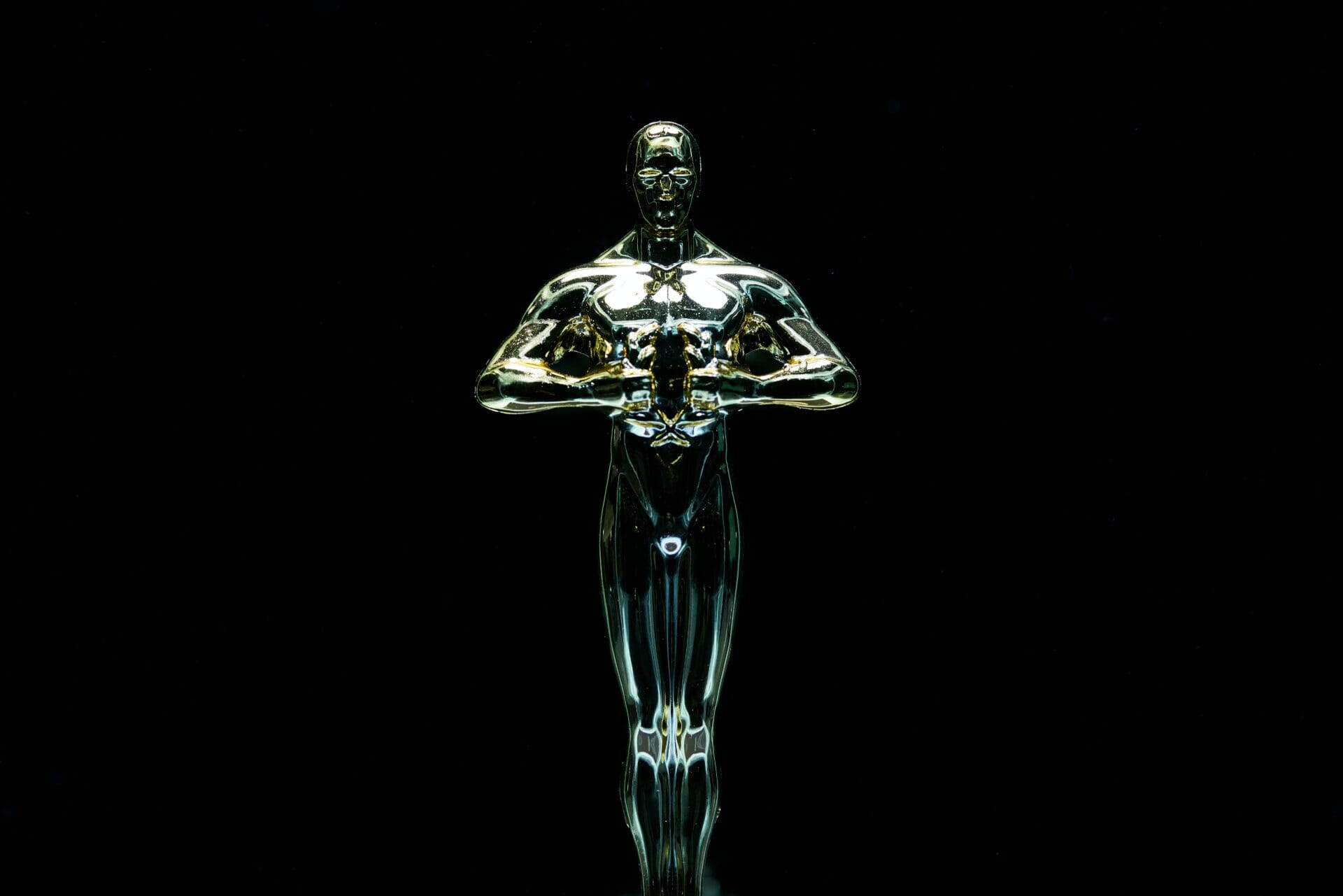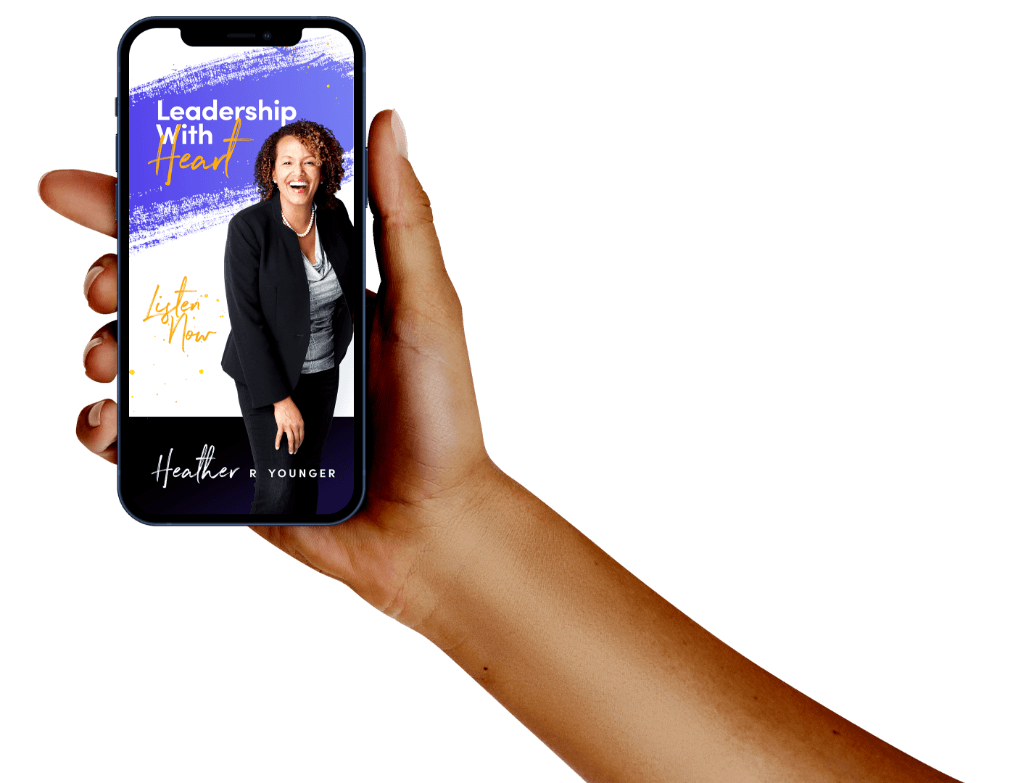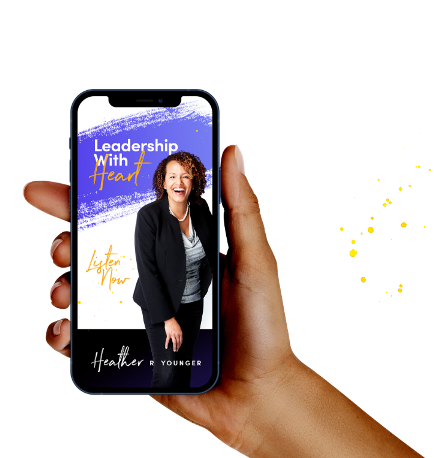At some of my keynote presentations on Caring Leadership, I ask the audience if they remember the person who made them feel small and inconsequential to what was happening at work. They slowly raise their hands. Then I ask the opposite. “How many of you remember the person who made you feel like you could do anything and like the work you did mean something?” Then, their hands shoot up!
Finally, I ask, “Which would you rather be? The one who is remembered for being uplifting, or the one who is deflating?
They all sit there stunned and pondering it.
This is a question that only you can answer. You must decide what you will be known for. You decide what your leadership legacy will be.
Here are the three things to help you discern your response to this complex question:
- Why do you choose to lead in the first place?
- How do you want to be remembered as a human?
- What would you regret most about how others might remember you?
Let’s start with the first question:
Why do you choose to lead in the first place?
There are a lot of reasons why people choose to lead. Some choose to lead for personal reasons like personal validation and achievement, and others do it for external reasons like wanting to solve a big complex problem. Think about this for a second. Why did you choose to be a leader? Whatever your reason is, we all want to get a chance to see what type of leader we can become and know how people perceive us.
The way you lead influences the people around you in a negative or positive way. It’s up to you to decide the impact you’ll have on someone, it can be super positive, or super negative. But, if you’re here, you probably want to make it a positive one, and for that I encourage you to take on what I call a “Caring Leadership” leadership style. It’s similar to servant leadership. So, in order to get to that point, you need to take that big step with courage and resilience to change people’s lives by leading with your heart. Go check the Caring Leadership assessment to see how much of a Caring Leader you currently are, and how you can become even better.
How do you want to be remembered as a human?
As I mentioned earlier, “What type of person do you want to be remembered as?” The person that you want to be remembered for is what drives you to have a leadership legacy. Depending on what type of human you want to be can result in the things that people remember most about you. There’s the saying by Maya Angelou, “I’ve learned that people will forget what you said, people will forget what you did, but people will never forget how you made them feel.” This is such a true saying and has a special significance to each one of you.
Would you want people to look down or look sad or feel unwanted or hurt when they run into you? Do you want people to have a bright smile on their faces when someone mentions your name or walks past you?
This is your decision and will be reflected by how you treat those around you, those you do not know, and how you show up for others overall.
What would you regret most about how others might remember you?
At first, you may think to yourself and ask, “What type of person would I be remembered as if I always judged people or if I was always too hard on them?” You then might start to have a feeling of regret build up inside you if you went down that route. You could regret the way you treated those closest to you and the way you treated the coworkers and employees around you. If you were always asking too much of those around you but did not give that same amount to others, that might be a regret later in your life. When someone is trying to have a serious conversation with you, but all you do is look at your phone and respond to people instead of being fully dialed in and actively listening, that will be a huge regret too.
Once you ponder and jot down these questions, you are ready to answer my question. My hope for you is that you live a life that has positive meaning for others who look to you for guidance in some way. That you are remembered with fondness, and that all good things come to you and yours in the end.”






